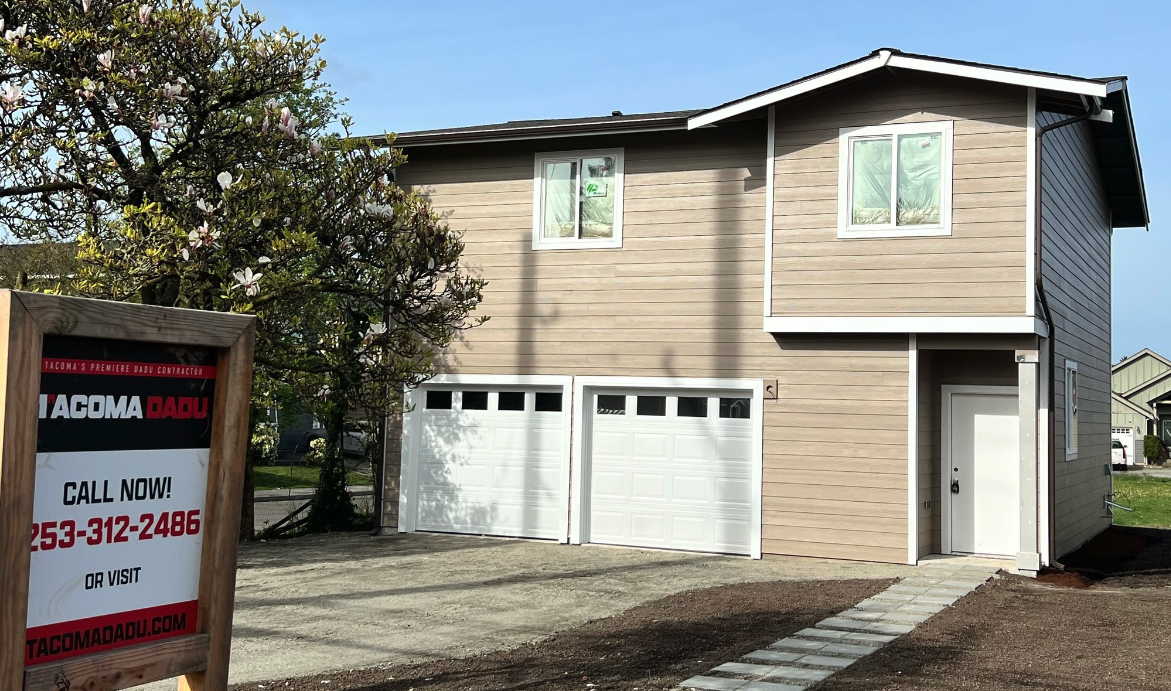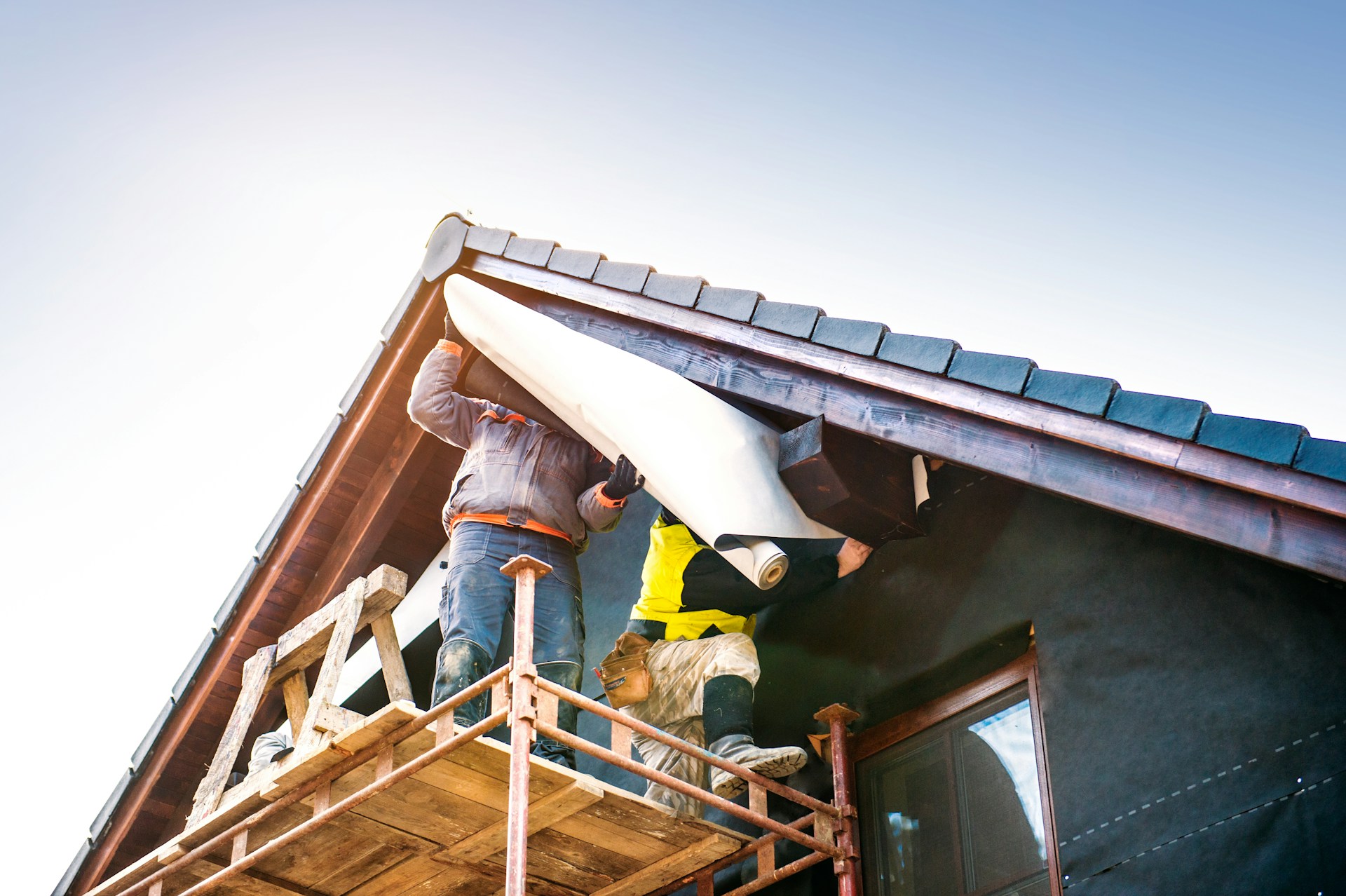If you are considering an addition to your living space or property, a DADU is an option that might just be right for you. Some Homeowners may ask themselves: Should they build a Detached Accessory Dwelling Unit (DADU) or opt for a traditional home addition? Both options come with their own set of advantages and considerations. In this article, We’ll compare DADUs and home additions, weighing factors like cost, space requirements, regulatory considerations, and more.
Understanding DADUs and Home Additions
Detached Accessory Dwelling Units (DADUs)
DADUs are separate structures built on the same property as the main residence. They provide a self-contained living space, often with its own entrance, utilities, and amenities. DADUs are gaining popularity due to their versatility and the potential to create rental income or multigenerational living spaces.
Home Additions
Home additions involve expanding the existing structure of the main residence to create more living space. This can include adding extra rooms, expanding existing rooms, or even building additional floors.
Comparing Factors: DADUs vs. Home Additions
Cost
– DADUs: DADUs can be cost-effective compared to home additions. They involve constructing a new, smaller structure, which can be less expensive than expanding the main residence.
– Home Additions: Home additions may have higher costs due to the complexity of tying into existing structures, foundations, and roofing.
Space Requirements
– DADUs: DADUs require enough space on the property to accommodate a separate structure. They are suitable for properties with adequate open space.
– Home Additions: Home additions require available space within the existing property boundaries and may limit the expansion potential based on lot size and setbacks.
Regulatory Considerations
– DADUs: Building codes and regulations for DADUs vary by location. Some areas have specific guidelines for DADUs, making it important to research local requirements before proceeding.
– Home Additions: Expanding the main residence may also involve navigating local zoning laws, permits, and building codes.
Functionality and Purpose
– DADUs: DADUs can serve as rental income generators, home offices, studios, or living spaces for extended family. They offer flexibility in their use.
– Home Additions: Home additions seamlessly expand the existing living space of the main residence, accommodating growing families or lifestyle changes.
Aesthetic Impact
– DADUs: DADUs can be designed to complement or contrast with the main residence’s aesthetic, offering an opportunity for creative design.
– Home Additions: Home additions aim to integrate seamlessly with the existing structure, maintaining a cohesive architectural style.
Construction Timeline
– DADUs: DADUs can often be constructed more quickly than home additions, as they involve building a separate structure rather than modifying an existing one.
– Home Additions: Home additions may have longer construction timelines due to the intricacies of working with an existing structure.
Which Option is Right for You?
The decision between a DADU and a home addition depends on your unique circumstances, goals, and preferences. Consider the following factors when making your choice:
– Available Budget: If cost is a significant concern, a DADU might be a more economical choice.
– Space Availability: Evaluate the available space on your property to determine whether a DADU or a home addition is more feasible.
– Intended Use: Determine how you plan to use the additional space – whether it’s for rental income, multigenerational living, or expanding your primary residence.
– Regulatory Landscape: Research local zoning laws, building codes, and permit requirements for both options in your area.
Both DADUs and home additions offer solutions for expanding your living space, each with their own benefits and considerations. Whether you opt for the cost-effective and versatile DADU or the seamlessly integrated home addition, careful planning and understanding your goals will guide you towards the right choice for your needs. Consulting with experienced professionals can also provide valuable insights and help ensure a successful expansion project that aligns with your vision.



